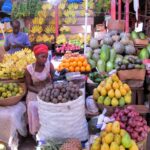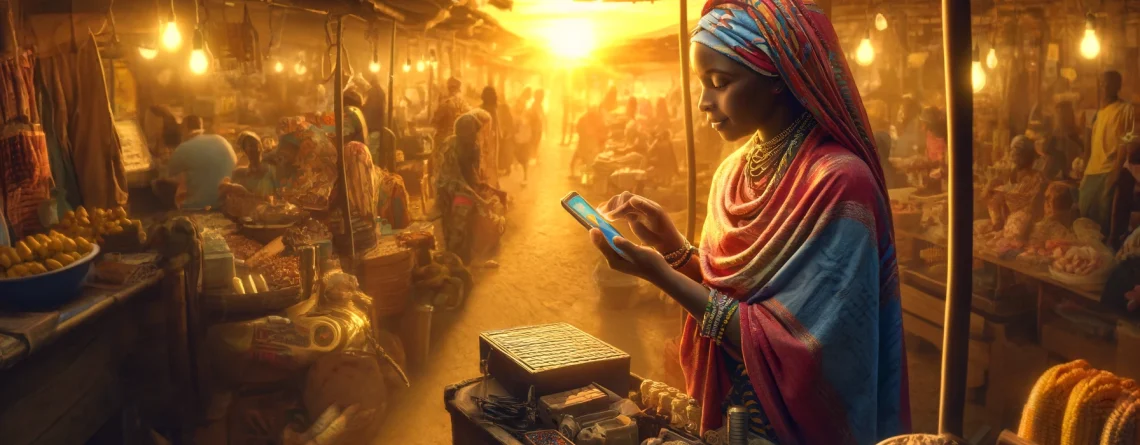In the vast digital landscape that unfolds before us, staying updated with new technologies is no longer a choice but a necessity. Yet, for many women in the underrepresented corners of our world, this task looms like a daunting mountain. The weight of limited resources, scarce tech literacy, and heavy socio-economic chains often keeps them from harnessing the power of digital platforms that could catapult them into the global marketplace.
Consider the mighty reach of social media platforms like Instagram, TikTok and Twitter. These digital marvels have revolutionized business landscapes, allowing enterprises to showcase their goods to a global audience with mere taps and swipes. For the women in our African communities, these tools could be a lifeline, a beacon guiding their homemade crafts and wares to a vast sea of potential admirers and customers.
But herein lies the rub. The gates of these digital kingdoms are often barred by the ironclad lack of digital literacy. Many women in these communities stand on the outskirts, unable to navigate the labyrinthine interfaces of these platforms. And as if this were not enough, the specter of unreliable internet and scarce digital devices haunts them, denying them the chance to step into the digital sunlight.
Yet, all hope is not lost. There are paths we can tread to bridge this yawning digital divide and arm these women with the tools of technology.
First, we must sow the seeds of digital literacy. We must create programs that light the path and teach these women to navigate the digital waters. By mastering platforms like Instagram, TikTok and Twitter, they can become the storytellers of their own destinies.
We must fight the battle for better internet connectivity. By pushing for affordable and reliable internet services in these marginalized communities, we will open the gates to the digital world, ensuring these women have the same opportunities as anyone else.
Last but not least, we must provide access to vital resources and tools. Whether it be through training and education campaigns, access to affordable digital devices or establishing community centres equipped with internet access and digital training resources, we must build the bridges that lead to digital inclusion.
In addressing these challenges, we enable women in our communities to step into the global marketplace as active participants. They can wield the power of apps like instagra, TikTok, Youtube and Twitter to showcase their crafts, promote their enterprises, and weave connections with a broader community. This not only empowers these women but breathes life into the economic heart of their communities.
But the magic of digital technology does not end here. It also holds the power to transform adult suffrage and civic participation. In many African nations, these digital tools have sparked revolutions in voter engagement and civic involvement.
Take Kenya, where social media campaigns have been the torchbearers, enlightening voters about their rights and the profound importance of casting their ballots. These campaigns have reached the nooks and crannies of the nation, awakening the democratic spirit even in the most remote areas.
In Nigeria, the story takes on the thrill of a detective novel, with mobile technology being used to monitor elections and shine a light on any dark corners of irregularity. This has bolstered transparency and trust in the electoral process. The swift currents of WhatsApp have carried information far and wide, mobilizing voters in waves of civic enthusiasm.
And in South Africa, digital platforms have become the drums of a new age, rallying the youth to the political arena. Social media campaigns have ignited a fire in the hearts of young people, urging them to register, to vote, and to take their rightful place in the democratic dance.
By wielding the power of digital technology and social media, we can amplify voices, educate the masses, and foster a more inclusive and participatory society. In this digital age, everyone’s voice can be heard, and together, we can build a future where no one is left behind.



